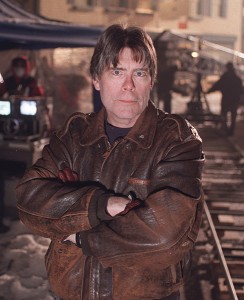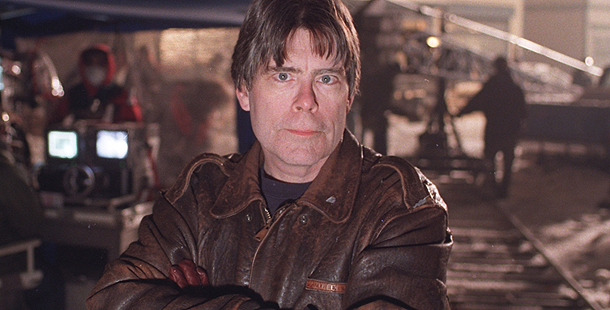
One of my strongest beliefs as a writer is genre is as important as tone and diction when writing a novel.
It’s the greatest vehicle in which to drive a message home.
Here in Canada there’s a predilection for all things literary, pretentious and sanctimonious. Genre writers are cast aside for folk who don’t follow the tenuous guidelines set by CanLit types like Margaret Atwood, M.G. Vassanji or Michael Ondaatje.
In all honesty, Atwood with several of her novels (Handmaid’s Tale, Oryx & Crake), dabbles in Science Fiction. Barbara Gowdy borders on horror with her novel We So Seldom Look On Love.
But what of our real genre writers? The ones literary types turn their nose up at because they are not Giller Prize worthy?
In horror we have Kelley Armstrong and Edo Van Belkom. Science Fiction we have Robert J. Sawyer, William Gibson, A.E. van Vogt and Nalo Hopkinson. Fantasy, Guy Gavriel Kay, Tanya Huff, R. Scott Bakker and Charles de Lint.
The one thing all these genre writers have in common is if you want to go big, you have to go to the U.S. because Canada doesn’t appreciate genre.
To me, it’s a big part of social criticism. Horror, fantasy and science fiction are all about extrapolation. High school teachers may poo poo on Stephen King being used as a book assignment, but the themes in his books are about as apropos as Shakespeare.
With that in mind, kids who have trouble with Elizabethan English can actually grasp modern English as well — because we all speak in iambs. But we’ll save my loathing of Shakespeare in the classroom for another time.

